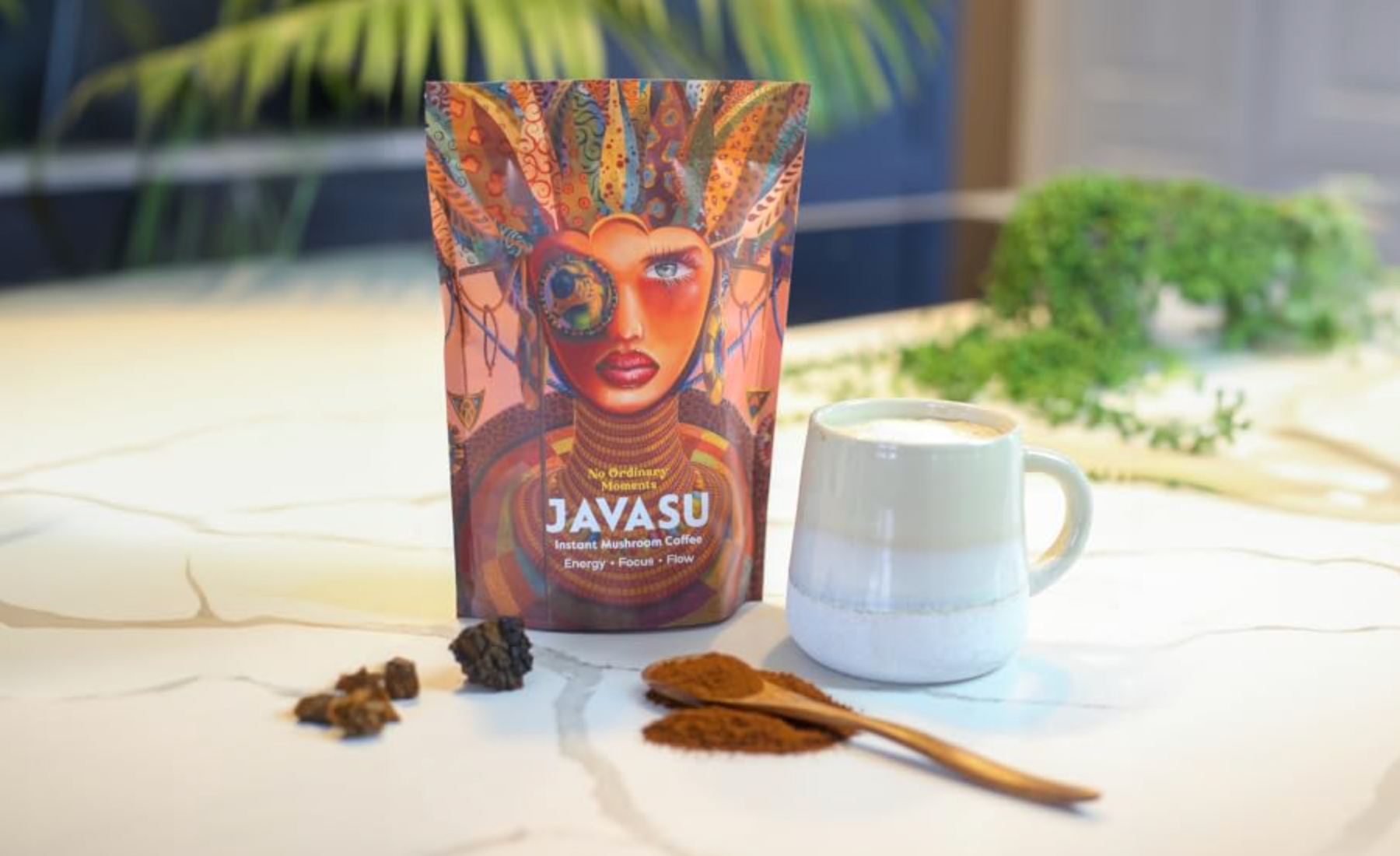
Read time: 2 min
In the vast forested landscapes of Siberia and other northern regions, a hidden gem has been cherished for centuries—the Chaga mushroom.
Revered for its potential to boost vitality, support immunity, and possibly increase longevity, Chaga is a fascinating subject of scientific exploration.
In this blog post, we'll venture into the remarkable world of Chaga and uncover the scientific basis for its health-enhancing properties.
The Magic of Chaga
Chaga, scientifically known as Inonotus obliquus, is a woody, parasitic fungus that primarily grows on birch trees. Its unique appearance resembles a rugged lump of burnt charcoal, but within this unassuming exterior lies a treasure trove of bioactive compounds.
Boosting Vitality with Chaga
Vitality, often defined as the state of being strong and active, is a quality that many of us seek to maintain as we age. Chaga's potential in this regard is backed by several scientific findings:
1. Adaptogenic Properties: Chaga is classified as an adaptogen, a natural substance known for its ability to help the body adapt to stress and maintain balance. In a study published in the journal "Biotechnology & Biotechnological Equipment," Chaga extract demonstrated adaptogenic effects in rats, suggesting potential benefits for managing stress1.
2. Antioxidant Power: Free radicals and oxidative stress can accelerate the aging process. Chaga is rich in antioxidants, particularly melanin, which is known for its free-radical-scavenging abilities2. This could help protect cells from oxidative damage and support overall vitality.
Supporting Immunity with Chaga
A robust immune system is essential for our well-being, and Chaga's role in supporting immunity is a subject of growing interest.
1. Beta-Glucans: Chaga is a rich source of beta-glucans, a type of polysaccharide known for its immunomodulatory properties. Research, such as a study in the "International Journal of Medicinal Mushrooms," suggests that Chaga-derived beta-glucans may enhance the body's defense mechanisms3.
2. Enhanced Immune Cell Activity: Chaga has been shown to increase the activity of certain immune cells, such as natural killer cells, which play a pivotal role in protecting the body from infections and cancer4.
A Glimpse into Longevity
While the quest for longevity remains a complex topic, Chaga's potential role in promoting a longer, healthier life is noteworthy.
1. Anti-Aging Properties: Research in the "Journal of Ethnopharmacology" has indicated that Chaga extracts may have anti-aging effects due to their ability to reduce oxidative stress and inflammation5.
2. Potential Longevity-Related Pathways: Some studies suggest that Chaga may impact longevity-related pathways, such as calorie restriction and autophagy, although more research in this area is needed6.
Chaga: Nature's Wellness Elixir
While Chaga's reputation as a longevity elixir is captivating, it's essential to approach these claims with a dose of scientific caution. The research surrounding Chaga's potential is still evolving, and more clinical trials are required to confirm its precise benefits for vitality, immunity, and longevity in humans.
As you explore the world of natural remedies, keep in mind that Chaga is a testament to the remarkable potential hidden in the Earth's diverse ecosystems. Whether it's in the tranquil forests of Siberia or a cup of Chaga tea in your kitchen, this fungi offers a glimpse into the interconnected relationship between nature and human health—a reminder that the answers to our well-being might be closer than we think.
Footnotes
You'll love...
If you liked this, you'll love...






